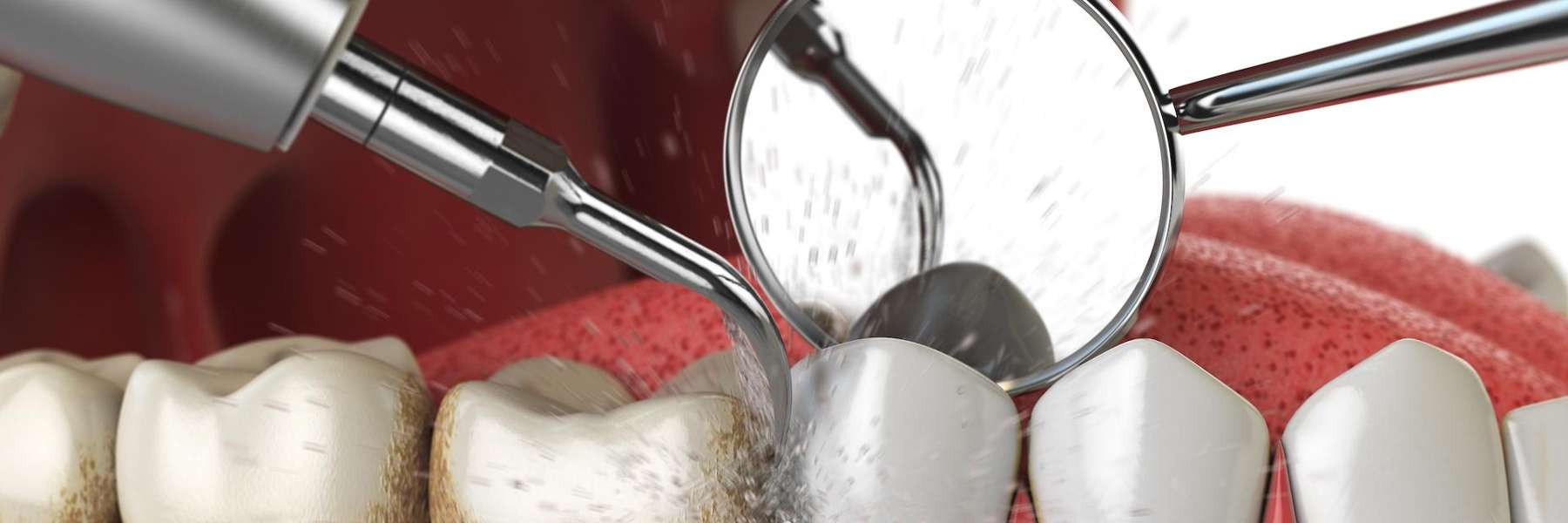
Updated in October of 2025
Regular dental visits are one of the most important steps you can take to protect your oral health. Still, many people wonder, “How often should I visit the dentist?” The answer depends on your health, habits, and personal needs—but one thing’s certain: consistency is key.
At Ryan Rush DDS in Fort Collins, our team helps patients create personalized checkup schedules that keep their smiles healthy, bright, and problem-free all year long.
Regular Dental Visits: General Recommendations and Considerations
Generally speaking, it’s recommended that most individuals visit the dentist every six months. A twice-yearly checkup schedule allows your dentist to understand your dental health profile, consistently assess and monitor your oral health, clean your teeth professionally to fend off plaque and bacterial buildup and identify and address potential issues early on. Regular visits are crucial to preventing severe problems like cavities, advanced tooth decay, or gum disease, all of which can require intensive and costly treatment if left unchecked.
However, this six-month rule isn't a one-size-fits-all guideline. Some individuals may need to visit more frequently, while others may be able to extend the time between appointments—though certainly not beyond a year! The key is understanding your unique oral health needs and working with your dentist to create an optimal schedule.
Factors That Influence How Often You Should See the Dentist
A number of factors can influence how often you should see your dentist. These include a person’s age, at-home oral hygiene habits, oral and overall medical history, lifestyle, and existing dental conditions, including gum disease. Here are some key considerations. Let’s take a closer look at them:
- Age and dental history — Children, seniors, and those with a history of extensive dental work may require more frequent visits than generally healthy adults. Children benefit from frequent checkups to monitor dental and jawbone development, identify and address orthodontic concerns, and ensure effective oral hygiene practices. Older adults, meanwhile, may need extra care to manage age-related dental issues like dry mouth and wear and tear on their teeth.
- Oral hygiene practices — Maintain good at-home oral hygiene practices—brushing at least twice daily, flossing daily, rinsing with antibacterial mouthwash, and avoiding sugary foods and drinks. This reduces the need for frequent dental visits. However, even with proper at-home care, plaque and tartar can still build up over time. This is why regular, professional cleanings are necessary. Also, routine visits are a good opportunity for your dentist to guide your daily routine to better protect your teeth and gums.
- Chronic health conditions — Certain health issues, like diabetes, heart disease, or cancer, can affect oral health and increase susceptibility to infection or gum disease. For example, diabetes can impair the body's ability to fight off infection, increasing the risk of gum disease and making it tougher to treat. As a result, it’s recommended that individuals suffering from these conditions visit the dentist more frequently for monitoring and maintenance.
- Lifestyle — Lifestyle choices can also influence how often a person should see the dentist. If you smoke, use smokeless tobacco products, or consume alcohol frequently, you may be at a higher risk for oral health issues like gum disease or oral cancer. In such cases, your dentist may recommend more frequent checkups to monitor for any early signs of problems.
- Gum disease — Individuals with a history of gum disease or those experiencing symptoms like chronic bad breath and bleeding or receding gums should see their dentist more often, perhaps every three to four months. Regular cleanings can help manage gum disease and prevent it from worsening. Also, close monitoring allows for timely interventions, which is critical to periodontal health.
The Power of Preventive Care
Preventive dentistry is the foundation of long-term oral health. Each visit includes:
- A professional cleaning to remove plaque and tartar buildup
- A complete exam and oral cancer screening
- Recommendations for fluoride or sealants to protect your enamel
- Early detection of issues like cavities, TMJ disorders, or infections
Early detection means less discomfort, less cost, and more confidence in your smile.
When to See a Dentist Sooner
Sometimes you shouldn’t wait for your next checkup. Call your dentist if you experience:
- Sudden or severe tooth pain
- Swollen or bleeding gums
- A broken tooth or lost filling
- Jaw pain or swelling
- A persistent bad taste or sore that won’t heal
Prompt care prevents small issues from turning into emergencies.
Making the Most of Your Dental Visits
To ensure your dental visits are as effective as possible, it's important to communicate openly with your dentist. Discuss any concerns or changes in your oral health. And don't hesitate to ask questions about your treatment options. Proactive conversations with your dentist can help them tailor your care to meet your specific needs. Also, keep your dentist informed about your overall health and any medications you're taking. This will help them provide you with the best and most tailored care.
Regular visits to the dentist are a cornerstone of maintaining good oral health. By staying proactive with your dental care, you can prevent many common issues and keep your smile healthy and bright for years to come!
A Fort Collins Dentist Specializing in Caring, Compassionate Preventive Care
If you’re looking for a Fort Collins dentist to help you optimize your at-home oral care routine and quickly identify and painlessly treat minor dental issues before they become serious problems, contact Dr. Ryan Rush and the friendly and knowledgeable Ryan Rush DDS PLLC team today to schedule your next appointment! If you're going to be visiting us for the first time, be sure to ask about our new patient special!
